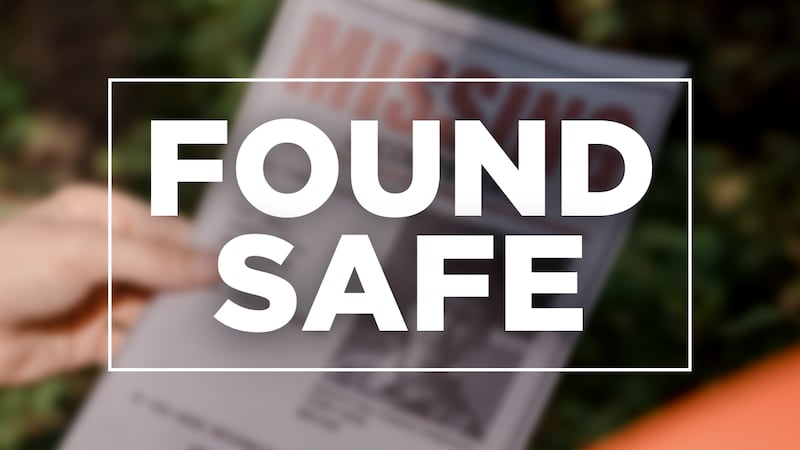Problem Gambling: What Virginia is doing to help and where you can get support
With easier access to gambling, more people are taking a chance and more people are becoming addicted.
ROANOKE, Va. (WDBJ) - From horse races and sports books to casinos with blackjack tables and slot machines, gambling brings billions into Virginia.
There’s no doubt an economic benefit from gambling, with more jobs and money for communities across the Commonwealth. But for every 1,000 people who gamble, 20 will become addicted.
Billy Hoffman knows what it’s like to be addicted to gambling.
“Gambling gives you hope that you’re going to fix it all,” said Hoffman. “I wanted to quit but I couldn’t.”
Hoffman started gambling at age 15. He played the lottery, poker and other games.
“From 15 to 18 I was kind of warming up. From 18 to 30 I was full force,” Hoffman said.
He found money wherever he could. “Personal loans, business loans, sell all of my stuff.” Hoffman said. “After that the people that were closest to me, I’d go after that money. By the time I’m 30 I’m married and divorced twice.”
Hoffman hit a low point before reaching out for help. Now 21 years “clean,” he devotes his life to helping others with gambling addiction.
With horse racing in Virginia, venues with slot machines, more casinos going up and advertisements that draw people in, more people are taking a chance and betting.
“The more accessible gambling is, the more people try it, the more people become addicted,” said Warren Bickel, an addiction researcher at the Fralin Biomedical Research Institute at Virginia Tech Carilion.
“We can get addicted to anything that is brief, intense, immediate and powerful: drugs, sex, certain types of foods,” Bickel said.
And gambling. Bickel says once someone is hooked it’s hard to let go. While gambling is easy to find, help for problem gamblers is not.
A quick web search for Gambler’s Anonymous found no meetings in Central or southwest Virginia. There are private clinics, but Billy Hoffman points out most gamblers don’t have any money for treatment.
“If we could put together some treatment programs that the state funds, that would be amazing,” Hoffman said.
Virginia law now requires a percentage of the taxes that gambling operators pay go to what’s called the problem gambling treatment and support fund.
To give you an example of how that works, out of the more than $32 million sports books paid in Virginia taxes over a twelve month period, 2.5%, or about $800.000, went to the fund. Half went to prevention and the other half, $400,000, to treatment programs. The other 97.5% went to Virginia’s general fund.
The state has a 24-hour hotline in place. In just one year the number of calls to that line has nearly quadrupled. You can reach the Problem Gambling Hotline at 1-888-532-3500.
“It coincides with the increase in gambling that we’ve seen in the state,” said Carolyn Hawley , director of the Virginia Council on Problem Gambling.
But most specialists agree more must be done.
“Hopefully we’re not just doing something over the phone: ‘Don’t gamble.’ People are going to need something a little more intense than that,” said Dr. Bickel.
Bickel said evidence-based programs are needed.
“That’s been a challenge that we’ve seen in Virginia and we’ve struggled with that,” said Hawley.“ We have not had a workforce dedicated toward treating problem gamblers.”
That’s changing, though. October 1, the state launched a program to offer treatment. Right now they need mental health professionals to become part of the network. But is it enough?
“Of course I’d like to see more,” said Hawley. “We’re not there yet, but we will be there shortly.”
That will be good for problem gamblers, because getting into a treatment program is the best bet an addict can make with the biggest payout- getting their life back.
“When I look back on it I think ‘How in the world?’ I’m so grateful, oh my goodness, I’m so grateful that I live this life today,” Hoffman said. “Because that was a hard way to live and I didn’t even know it.”
Watch our live discussion moderated by WDBJ7′s Jean Jadhon with Peer Counselor Billy Hoffman and Carolyn Hawley, the Director for the Virginia Council on Problem Gambling.
Copyright 2022 WDBJ. All rights reserved.









